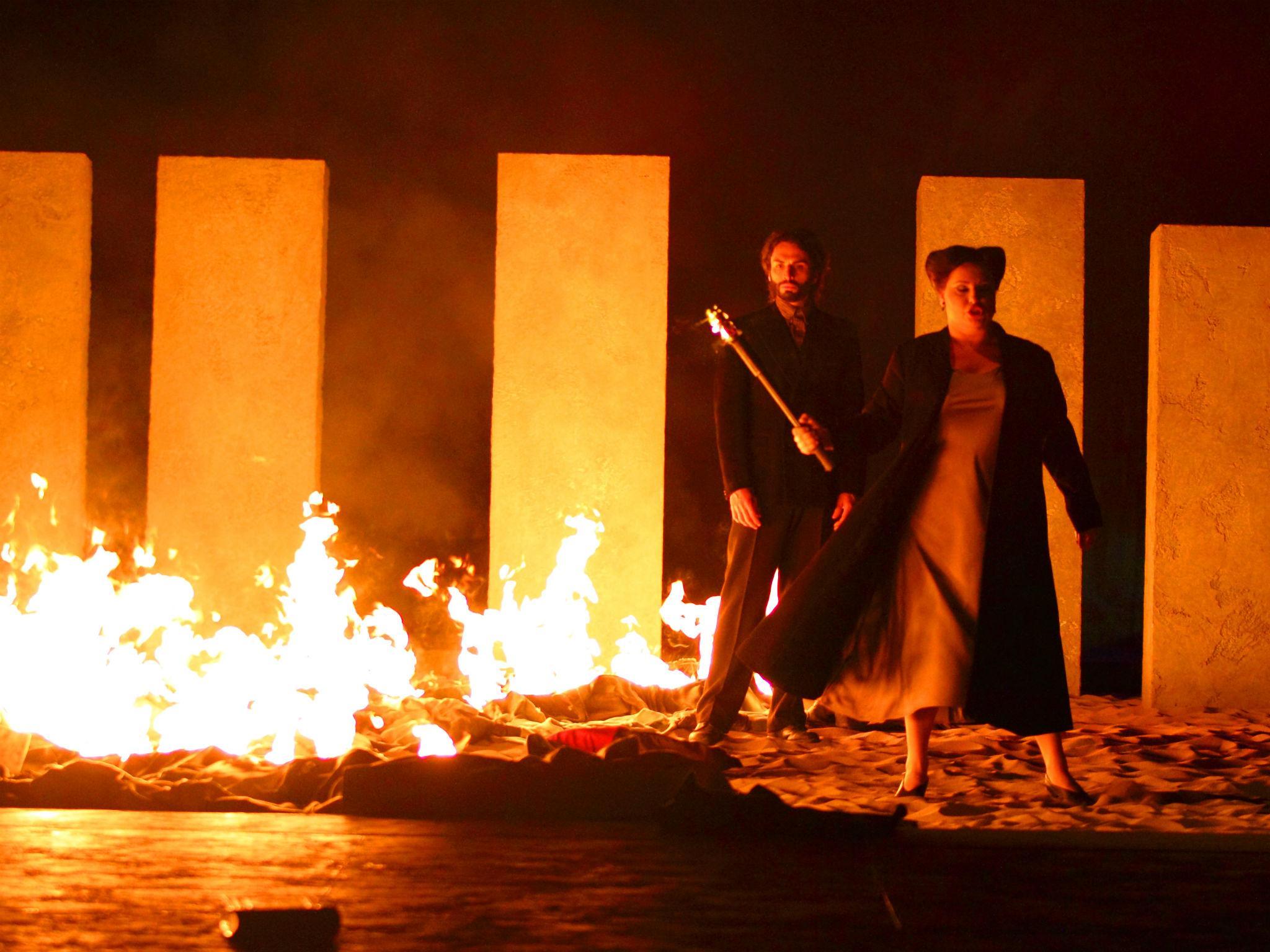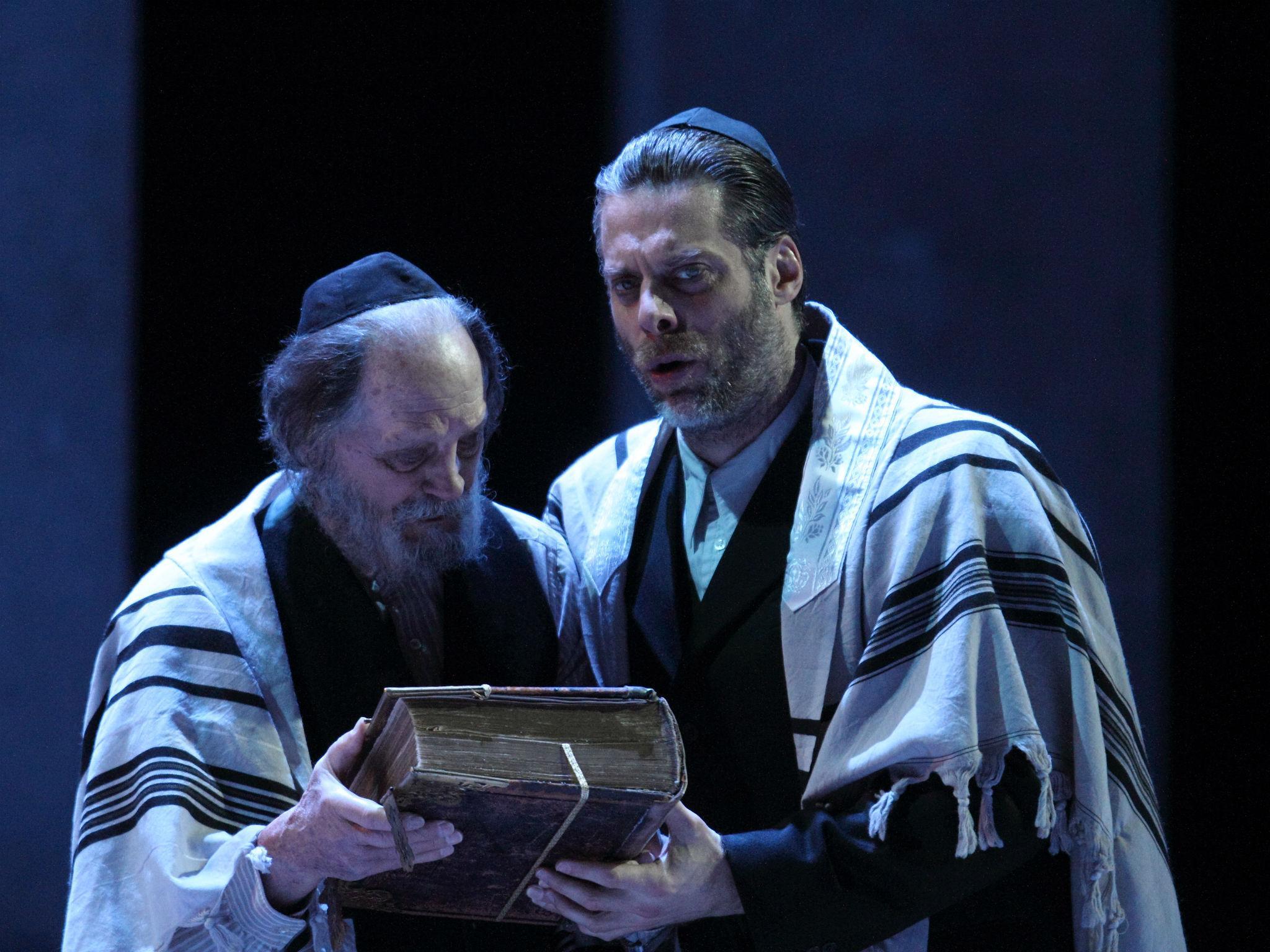Nabucco, Royal Opera House, review: ‘Verdi’s essay on oppression and exile now feels searingly topical’
Placido Domingo shows flashes of his former brilliance and proves that he’s not quite ready to make his final bow

Your support helps us to tell the story
From reproductive rights to climate change to Big Tech, The Independent is on the ground when the story is developing. Whether it's investigating the financials of Elon Musk's pro-Trump PAC or producing our latest documentary, 'The A Word', which shines a light on the American women fighting for reproductive rights, we know how important it is to parse out the facts from the messaging.
At such a critical moment in US history, we need reporters on the ground. Your donation allows us to keep sending journalists to speak to both sides of the story.
The Independent is trusted by Americans across the entire political spectrum. And unlike many other quality news outlets, we choose not to lock Americans out of our reporting and analysis with paywalls. We believe quality journalism should be available to everyone, paid for by those who can afford it.
Your support makes all the difference.To those asking if it’s time Placido Domingo made his final bow, one answer came via the box office: all his performances in the title role of Nabucco are booked solid.
His performance on opening night gave a more nuanced answer, though still in the negative. Domingo’s job in this work is to break our hearts through the power of his transformation from blustering tyrant to paranoid lunatic, to desperate father pleading for the life of his child, and if heart-breaking is too strong a word, he made a very decent stab at it.
His tone at the outset was pinched and hard, but as the emotional disintegration of his character progressed he became both dramatically more convincing, and vocally more expansive, even if he didn’t stray too far from the prompt box. By the time when, purged, he offered up his prayer of thanks to the Jewish god, the lyrical beauty with which we will always associate his voice had returned, inevitably reduced but still glowing.

Meanwhile Daniele Abbado’s austere production of Verdi’s essay on oppression and exile now feels searingly topical, and the other principals are stunning, most notably John Relyea’s warmly resonant Zaccaria and Liudmyla Monstyrska’s astonishing Abigaille, by turns thunderous and intensely sweet. Maurizio Benini conducts with authority.
Join our commenting forum
Join thought-provoking conversations, follow other Independent readers and see their replies
Comments